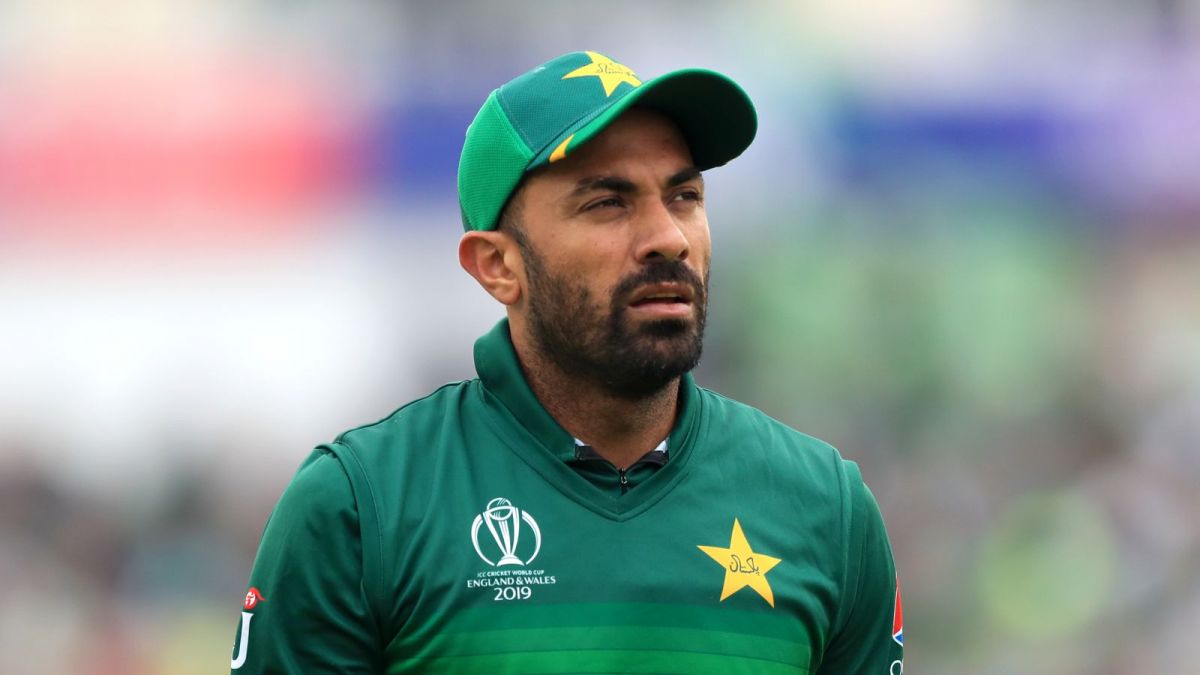Usama Mir, a leg-spinner from Pakistan, recently found himself in a situation that stirred some controversy in the cricketing circles. Having been left out of the T20 World Cup 2024 squad, Mir took a direct route to express his disappointment by reaching out to the Pakistan Cricket Board (PCB) Chairman, Mohsin Naqvi.
In his message to Naqvi, Mir emphasized his achievement of being the highest wicket-taker in the ninth season of the Pakistan Super League (PSL). However, this move didn’t sit well with selector and senior team manager Wahab Riaz, who seemed displeased with Mir’s decision to bypass the usual channels of communication.
Following this, an online meeting was arranged in Ireland, where Mir had the opportunity to present his case directly to Wahab Riaz and other selectors. During this meeting, Mir’s performance was thoroughly reviewed, presumably to assess his suitability for inclusion in the national squad.
One of the key issues that surfaced during these discussions was Mir’s eligibility to participate in the T20 Blast in England. Initially, Mir had been promised a No Objection Certificate (NOC) by the PCB, which would allow him to play in the tournament. However, later on, this NOC was withheld, leaving Mir in a precarious position.
This decision was particularly disappointing for Mir, considering he had signed a three-year central contract with the PCB. According to this contract, centrally contracted players are permitted to participate in two franchise T20 leagues, apart from the PSL. However, a clause within the contract restricts players from joining additional T20 leagues during the contract period, which, in Mir’s case, extended from July 1, 2023, to June 30, 2024.
As a result of this restriction, Mir was unable to pursue his opportunity to represent Worcestershire Rapids in the T20 Blast as planned. This was a significant setback for Mir, who had hoped to make the most of the opportunity to showcase his skills in a prestigious tournament, especially after being overlooked for the national team.
In conclusion, the saga surrounding Usama Mir highlights the complexities and challenges faced by cricketers, particularly in navigating contractual obligations and balancing opportunities for professional development. Mir’s case serves as a reminder of the importance of clear communication and transparency in cricket administration to ensure fairness and equity for all players involved.







